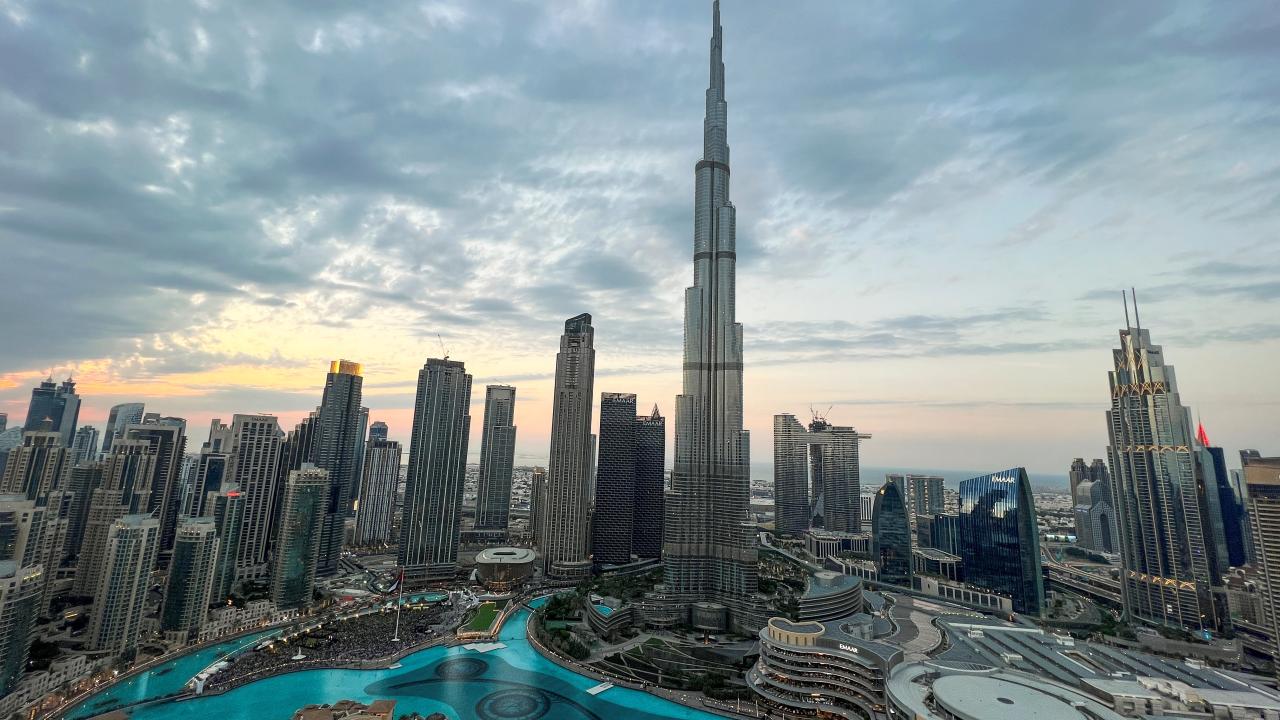
Sales to these destinations have increased in recent years and Uruguayan businessmen understand that there is a window of opportunity to diversify their businesses.
Uruguayan exports to Arab Gulf countries have increased in recent decades, and this has led local companies to try to expand their business offerings. In this context, it is expected that Saudi Arabia may have a greater share in the purchase of food from Uruguay, but also contribute investments for different productive developments.
The Gulf Cooperation Council (GCC) is made up of Saudi Arabia, Bahrain, the United Arab Emirates, Kuwait, Oman and Qatar and was formed as a political and economic alliance in 1981.
A report by the Union of Exporters (UEU) recalled that these six countries have high per capita incomes, are major food importers and have a total population of 59.6 million people. This makes them export destinations with great potential.
From 2001 to the present, the export flow has grown substantially. In that year, Uruguay's external sales amounted to US$ 8 million; last year they exceeded US$ 64 million.
The United Arab Emirates bought goods worth US$24 million, followed by Saudi Arabia with US$21.7 million. Purchases by the other four members of the bloc ranged from US$3.8 million to US$6 million.
In October this year, exports to GCC countries amounted to US$ 4.1 million. In the 10 months of 2024, they reached US$ 59.6 million, with a year-on-year increase of 11.7%.
The UAE purchased dairy products, cereals, beef, meat or fish preparations and live animals.
Saudi Arabia purchased dairy products, beef, plastics, wood and pharmaceuticals. The rest of the countries requested basically the same goods.
In August, the Uruguayan Exporters Union signed a memorandum of understanding (MOU) with the Federation of Saudi Chambers of Commerce during the first meeting of the Uruguay-Saudi Arabia Bilateral Joint Committee held in Montevideo. The objective of the meeting was to establish the bases for stimulating commercial relations and investment opportunities.
The Joint Business Council was also created with the purpose of promoting agreements between entrepreneurs in the areas of trade, investment and technology and exchanging information on business opportunities and market situations.
As part of this agenda, UEU Vice President Facundo Márquez paid a visit to Riyadh, the capital of Saudi Arabia.
THE CHANGE OF COURSE IN SAUDI ARABIA
Saudi Arabia has been undergoing a process of cultural and economic opening for a few years now, led by Crown Prince Mohammed bin Salman. The country also maintains some restrictions, which makes it a major food demander. “They need products that Uruguay has,” Márquez told local media outlet El Observador .
In addition to maintaining a dynamic flow of food purchases, Saudi Arabia has become a potential investor in agro-industrial developments. “It is a way of securing food,” said the businessman.
One of the avenues it uses is the Saudi Agricultural and Livestock Investment Company (Salic), created by a royal decree in 2009, which began its activities in 2012. The aim is to achieve a food security strategy through the supply of food products and price stabilization.
Salic currently has investments in various global companies in the agricultural sector, rice, grain and meat trade in Ukraine, Canada, India, Australia, Brazil and Singapore, the company reports on its website.
Salic has an indirect presence at the local level. The Saudi group owns 30.55% of the shares of Minerva Foods, owner of the PUL, Carrasco, Canelones and BPU meat processing plants in Uruguay.
From an export perspective, Saudi Arabia has low tariffs and that also makes it a destination worth considering. Marquez said that one of the country's most important trading partners is Australia. But it also buys food from the United States and France.
"Uruguay has limitations with competitors like Australia. But it also needs to diversify destinations and Saudi Arabia is an important one," summed up the vice president of the export association.
In his view, Uruguay is an attractive destination for the Arab region due to its stability and reliability.
TRADE AGREEMENTS
The EU document indicates that the GCC signed free trade agreements with Singapore and the EFTA countries (Iceland, Norway, Liechtenstein and Switzerland) that came into force in September 2023 and July 2025, respectively.
He added that Bahrain and Oman have concluded bilateral free trade agreements, in particular with the United States. In the case of Saudi Arabia, the document explains, bilateral economic relations with the United States are governed by the Trade and Investment Framework Agreement (TIFA).
Saudi Arabia is currently studying the possibilities of expanding its network of free trade agreements as part of its Vision 2030 plan. That year, the country will host the World Expo.









